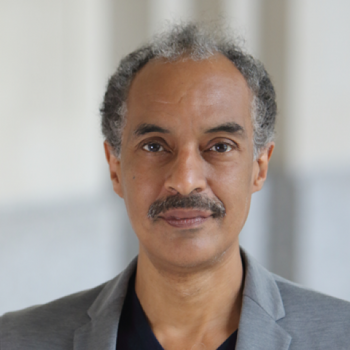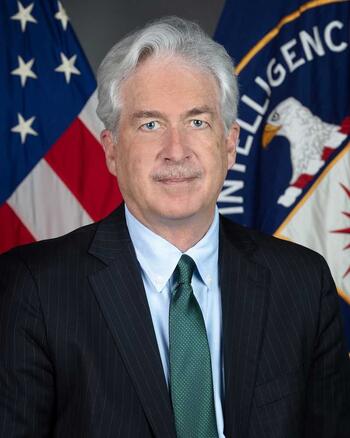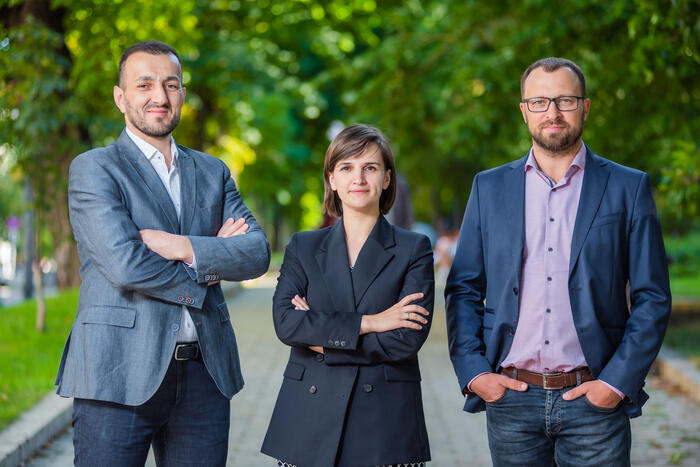Black Markets and Militants: Informal Networks in the Middle East and Africa

Khalid Mustafa Medani joins ARD to discuss his recently released book, Black Markets and Militants Informal Networks in the Middle East and Africa (Cambridge University Press, 2021).
Understanding the political and socio-economic factors which give rise to youth recruitment into militant organizations is at the heart of grasping some of the most important issues that affect the contemporary Middle East and Africa. In this book, Medani explains why youth are attracted to militant organizations, examining the specific role economic globalization, in the form of outmigration and expatriate remittance inflows, plays in determining how and why militant activists emerge. The study challenges existing accounts that rely primarily on ideology to explain militant recruitment.
Based on extensive fieldwork, Medani offers an in-depth analysis of the impact of globalization, neoliberal reforms, and informal economic networks as a conduit for the rise and evolution of moderate and militant Islamist movements and as an avenue central to the often violent enterprise of state-building and state formation. In an original contribution to the study of Islamist and ethnic politics more broadly, he thereby shows the importance of understanding when and under what conditions religious rather than other forms of identity become politically salient in the context of changes in local conditions.
ABOUT THE SPEAKER

Dr. Medani is the author of Black Markets and Militants: Informal Networks in the Middle East and Africa (Cambridge University Press, 2021) and he is presently completing another book manuscript on the causes and consequences of Sudan’s 2018 popular uprising and the prospects and obstacles for Democracy in that country. In addition, he has published extensively on civil conflict with a special focus on the armed conflicts in Sudan and Somalia. His work has appeared in Political Science and Politics (PS), the Journal of Democracy, the Journal of North African Studies, Current History, Middle East Report, Review of African Political Economy, Arab Studies Quarterly, and the UCLA Journal of Islamic Law.
Dr. Medani is a previous recipient of a Carnegie Scholar on Islam award from the Carnegie Corporation of New York (2007-2009) and in 2020-2021 he received a fellowship from the Woodrow Wilson International Center for Scholars to conduct research on his current book manuscript on the democratic transition in Sudan.
This event is co-sponsored by the Abbasi Program in Islamic Studies and the Center for African Studies at Stanford University.
Online via Zoom









